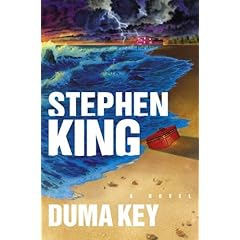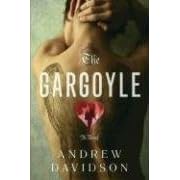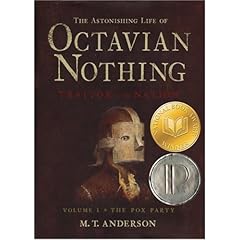 I could not have been more excited to hear that Lev Grossman was following up his amazing book The Magicians
I could not have been more excited to hear that Lev Grossman was following up his amazing book The MagiciansFirst, I should say that I regret not re-reading The Magicians. Grossman jumps right into the story with no real refresher to speak of. I felt myself struggling to remember exactly what had happened to characters in the first book when the events were alluded to here.
Overall, I loved the Magician King and the way it continued this imaginative story arc. Is much of this book (hell, the series) cribbed from classic children's literature? Absolutely. This book reeks of the Chronicles of Narnia, mostly The Voyage of the Dawn Treader, just like the first book was obviously influenced by Harry Potter. And while I found this a bit grating at times (I get it! Two kings and two queens, just like Narnia! Wise talking animals! A ship sailing into uncharted waters!), for the most part, this book works precisely because we all know the stories they're alluding to. However, I ended up enjoying the parts that felt familiar but weren't the most. (Here I mean the fable of the quest for the seven keys of Fillory, which the main plot revolves around.)
The story follows two paths: Quentin, king of Fillory, ventures out on a quest (ostensibly to collect taxes from a far-off province) and learns what it means to be a hero, and a flashback to Julia, a magic school reject, becoming a hedge witch and then so, so much more. At first, I found the two narratives jarring - why should I care about Julia's past when Quentin is obviously the one we care about? But as Quentin's quest progresses, the parallels with Julia's quest to become skilled in magic become obvious. The idea of humility versus hubris in a hero comes up repeatedly, but not in a way that is obtrusive or annoying.
Obviously, it's a bit silly to review a sequel here without having reviewed the original book. Like I said, it's been a while since I read it, but I can't recommend it enough (even having forgotten most of everything). Trust me, read The Magicians - you won't want to wait to dive right into The Magician King.
4/5 stars

















